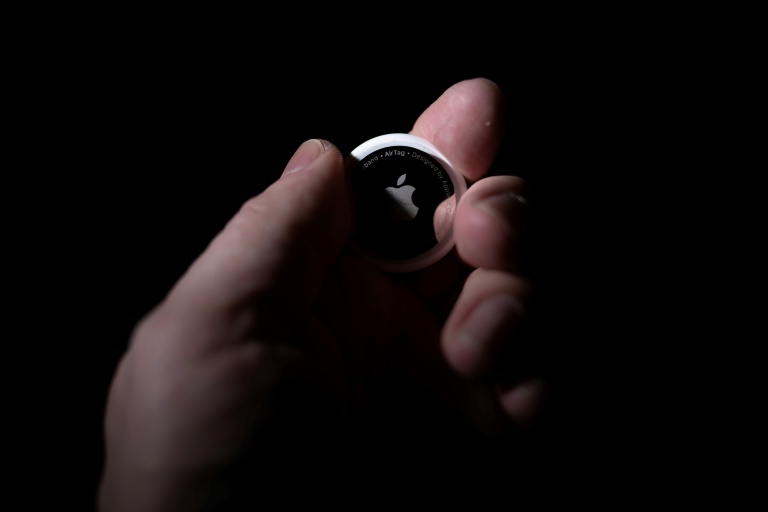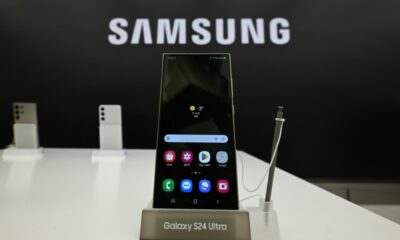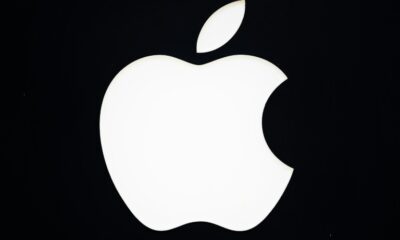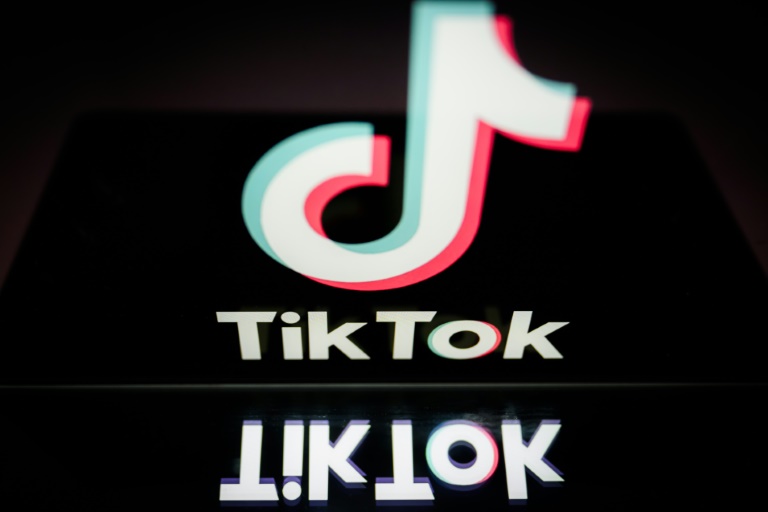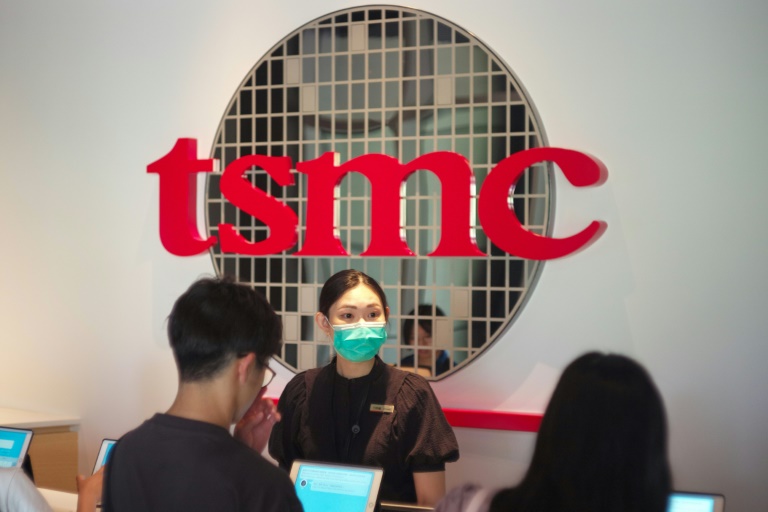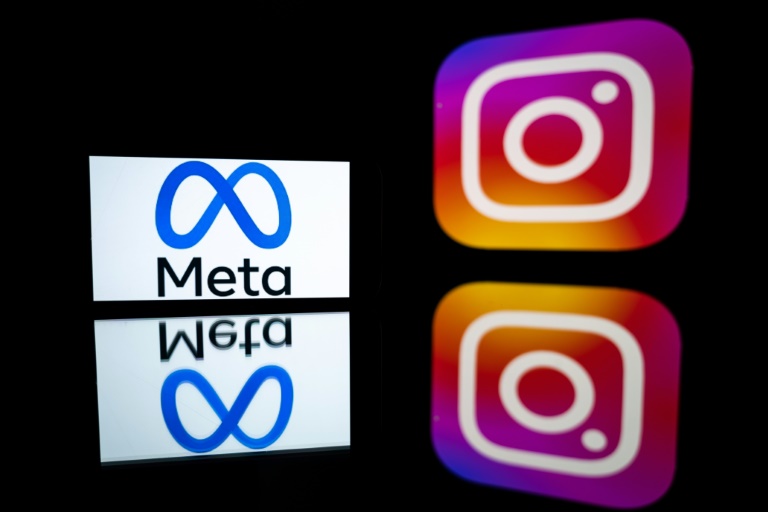Originally designed as a solution for the absent-minded, the AirTag digital tracking sensor is also sometimes employed for a more sinister function, with manufacturer Apple now finding itself the subject of anger — and lawsuits — from Americans who have been harassed with the help of the brand’s product.
The $29 silver and white gadget, the size of a large coin, is “an easy way to keep track of your stuff,” the Apple website boasts. Customers can attach it to their keys, a wallet or a backpack.
When linked to a smartphone app, an AirTag allows a user to follow their belongings’ real-time geographic location in case they get lost — but the little round transmitter can also trail the humans carrying those items, sometimes without their knowledge.
That’s what happened to singer Alison Carney in June 2022, when she found an unknown AirTag in her bag while preparing to go on stage at a concert venue in Chicago.
Carney had not put the AirTag in there herself and says she never got an iPhone notification warning her that an unknown accessory is found nearby.
– ‘Violated’ –
Though unsettling, the discovery of the AirTag in her bag also helped Carney make sense of several confusing events in her life.
Ever since the breakup of their tumultuous relationship, Carney’s ex-boyfriend had been incessantly calling and messaging her, even sometimes pounding on her door in the middle of the night or showing up at restaurants where she was eating.
“It just became obvious once we found the AirTag that… I wasn’t crazy,” Carney, who lives in Washington, told AFP. “I know that someone’s tracking (me).”
“I felt violated. I retreated. I stopped going out,” she added.
“I know that someone has the ability to put a device on my body or on my property that can track me for the rest of my life, and they’re getting smaller and smaller and smaller and harder to detect.”
Carney is not the only person in the United States who has been tracked against their will with an AirTag.
Last June, a 26-year-old man in Indiana was killed by his girlfriend, who followed his location via AirTag after she became suspicious he was cheating on her, according to court documents.
Police in the town of Irving, Texas, are also looking into several recent incidents involving Apple AirTags in which the victim and the stalker already knew each other, said police spokesman Robert Reeves.
According to Reeves, the next step after a complaint is filed is to identify the owner of the account associated with the AirTag, using the object’s serial number.
But Carney has never had the chance to find out exactly who is connected to the rogue AirTag found in her bag — she has not filed a police report, for fear of retribution.
When asked about the situation, Apple sent AFP a statement published last year, in which the tech giant condemns “in the strongest possible terms any malicious use of our products.”
The company also said it has updated its systems to warn customers who purchase AirTags that they may be committing a crime by using the product to secretly track another person and to alert Apple users when a device notices an unknown tracker traveling with them.
– Complaints against Apple –
But that reassurance is not enough to convince Lauren Hughes and a woman going by the pseudonym Jane Doe, who have filed complaints against Apple in California.
Doe says that after a divorce, her ex-husband tacked an AirTag onto her child’s backpack twice.
And in a complaint filed in December, Hughes says she found an AirTag — colored on with a marker and wrapped in a plastic bag — attached to the wheel well of her car.
In court documents, both women call out Apple for what they see as an insufficient warning system. AirTag alerts sent out by the company are not necessarily immediate, and are only available on iPhones with iOS 14.5 or newer.
Besides older Apple devices, users of Androids or other smartphone operating systems are also left out, according to Albert Cahn, Technology and Human Rights Fellow at Harvard University.
Apple devices are constantly scanning for unknown accessories nearby, Cahn explained to AFP. But Android users have to download a special app and then specifically look for potentially nefarious AirTags.
“Does Apple expect Android users to spend their days constantly checking just to make sure they’re not being tracked?” he asked.

 Business4 months ago
Business4 months ago
 Business4 months ago
Business4 months ago
 Events6 months ago
Events6 months ago
 People4 months ago
People4 months ago
 Events3 months ago
Events3 months ago
